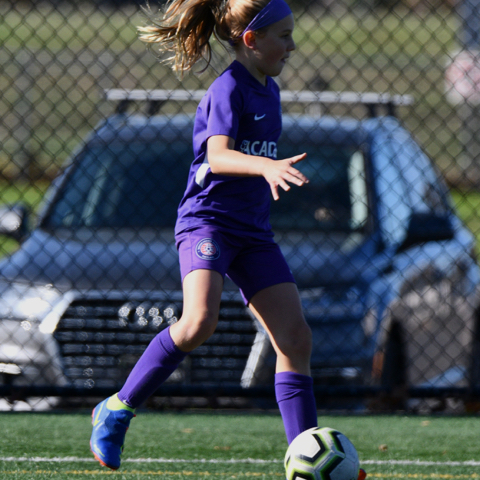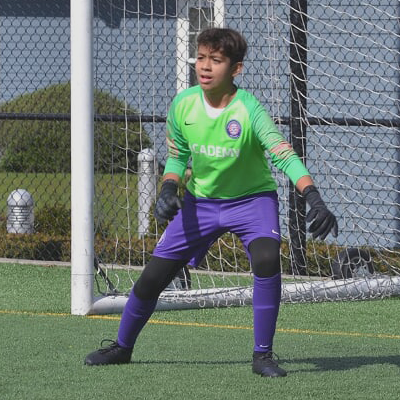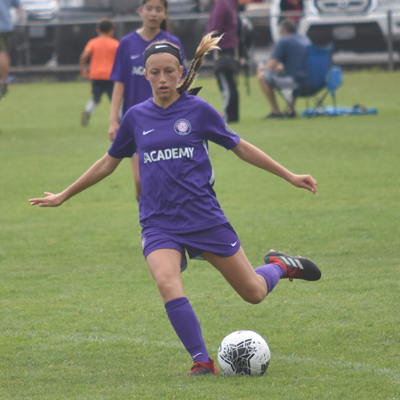ACADEMY MODEL
APPLAUDING THE ABILITY TO DO
SOMETHING DIFFERENT
The SCA model is shared and transparent. It is underpinned by individual creativity and player freedom, with considerable emphasis placed on what an individual can do rather than what they can’t. Our focus is to remove the paradigm that players can only do certain things in certain areas of the field – an approach that creates generic outcomes, denies expression, and results in safe and predictable players. Instead, we design learning spaces that ignite players’ imaginations, foster curiosity, and inspire innovation – all of which ultimately becomes imprinted in a young player’s DNA.
Within our model, we advocate a learner-centered model which in turn allows for a more emergent, adaptive, and individualized approach. Our games program allows us to challenge convention and experiment with field formats, player numbers, and establish a culture of games being an extension of training and not a win at all costs event.
Through each phase of SCA players’ development, we are conscious of the demands that the game places on them. We therefore do not pigeon hole or signpost players to where they should or shouldn’t be. Ensuring every child plays at least half the game is fundamental to our principle and mistakes are not an indicator of poor performance, but viewed as a necessary characteristic of skill development. We also remove the structure and rigidity of a curriculum which has historically constrained a creative mindset; our program, instead, offers flexibility that consistently adds variety and challenge through each stage.
We encourage players to work in isolation away from practice and provide challenges, along with regular check ins. This additional practice allows those who need it the opportunity to get further support and those who are striving ahead to seek additional tasks.

Explore
Ages 5 to 8
The Explore stage is characterized by developing a love for the game of soccer. It is the coaches’ role to preserve this passion and to move away from a fixation on the score line. Sessions include variety, disguised ball mastery, 1v1 opportunities, and small sided games. Players are encouraged to excite and explore on the ball, ultimately reinforcing their love for the sport.

Experiment
Ages 9 to 12
The Experiment Stage is marked by young people who love the trial and error process inherent to learning. Individual craft is encouraged at this stage: possession, 1v1’s, and running with the ball; as well as the collective craft: lending with disguise and creating clever combinations. We also expose players to more complex decision making, in both overloaded and underloaded games.

Express
Ages 13 to 15
As players transition into the middle/high school years, games can become more results orientated. We encourage players to continue expressing themselves. We emphasize how to manage games and carry out pre-game challenges. The tactical side of the game becomes more prominent, but not stifling; formations are not considered rigid and players learn to become tactically flexible.

Execute
Ages 16 to 18
The goal in the Execute Stage is to continue creating well-rounded players and people. We encourage them to meet the demands of the game with outstanding individuality and teamwork. Players are required to understand the four corners of the game and how to pursue a collegiate or professional pathway. Players are expected to demonstrate the club’s core values and act as role models for younger players.

